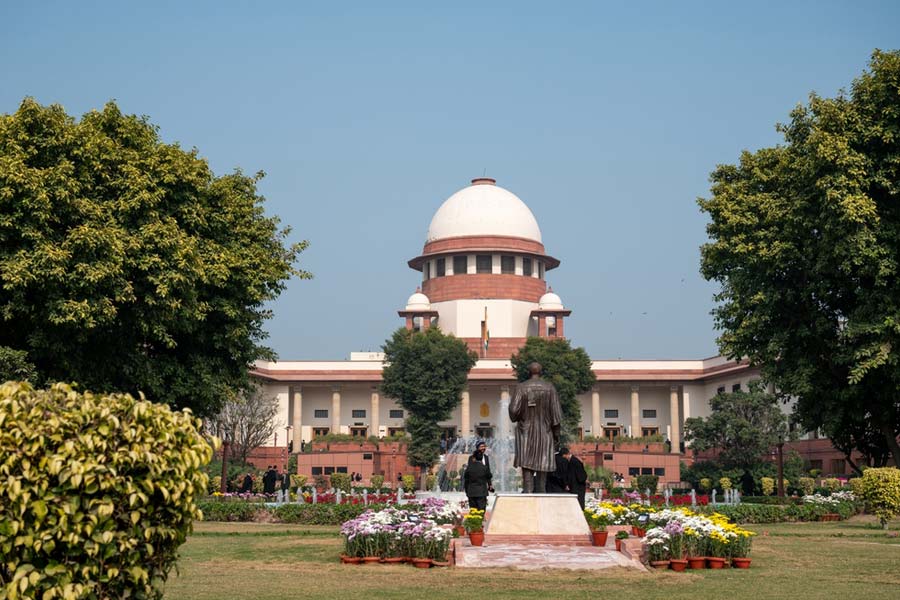A sexual offender does not only harm the victim but is also a threat to society. This was the reasoning of the Supreme Court recently when it set aside an order of the Rajasthan High Court to quash the first information report against a teacher who was accused of molesting a minor because a compromise had been reached between him and the father of the victim. This is not the first time that the apex court has made it clear that there can be no ‘compromise’ — monetary or marital — when it comes to cases of sexual assault as it becomes a licence to commit such crimes. Yet, unfortunately, the Rajasthan High Court’s decision has precedence. In 2021, the Madras High Court suggested mediation between a rape victim and the accused, ignoring the legal principle that mediation is not applicable in rape cases. The same year, an inmate accused of rape tied the knot with the victim in an Odisha jail following court orders; the accused was later granted bail by the court on account of the wedlock. In 2020, the Madhya Pradesh High Court granted bail to a rape accused on the condition that he must get a rakhi tied by the victim — this act of being anointed a brother, the verdict opined, would apparently turn aggressor into protector.
Data by the National Crime Record Bureau show that an average of 191 rape cases have ended on a compromise — mostly marriage — every year since 2014, often with the knowledge of the courts. Rapes leading to marriage between perpetrator and survivor are not legally recognised. Such unions — backed by police, courts, panchayats and society — are often a ploy for those convicted or accused of rape to evade punishment. Conservative social norms also lead to women being complicit in such arrangements. The matter thus goes beyond the mere question of legality; it lays bare the deep-seated misogyny and patriarchal notions ingrained in society. The manner of adjudication by social institutions in such cases can strengthen regressive notions that undermine women’s agency over their bodies and choices. Forcing victims to spend a life with their assailants is a travesty of justice. Tellingly, the Supreme Court has had to direct the National Judicial Academy to ensure that the training of judges is appropriately gender-sensitive by conducting awareness programmes on stereotyping and subconscious biases. Society and perhaps law need similar sensitisation while dealing with such crimes.











